“Utilizing clean and sustainable energy sources to power our campuses … is one of the great challenges of our lifetimes“
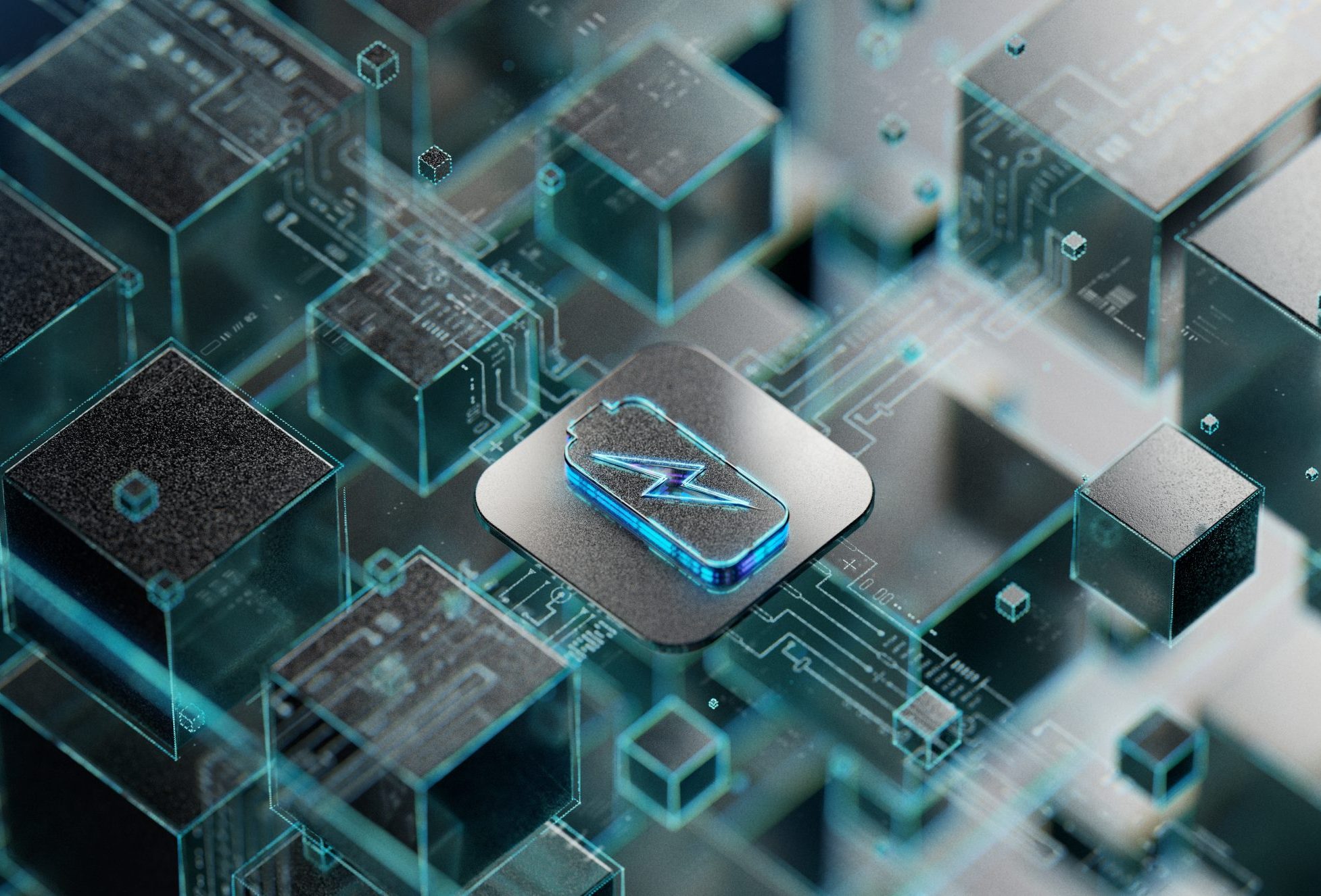
The University of Connecticut is set to power its Tech Park exclusively with clean energy through a new partnership with FuelCell Energy. The Innovation Partnership Building (IPB) will soon host four 250-kilowatt solid oxide fuel cells, totaling 1 megawatt of power. This initiative aligns with UConn’s sustainability goals and commitment to carbon neutrality.
UConn President Radenka Maric, a renowned clean energy expert, emphasized the dual benefits of this partnership: “Utilizing clean and sustainable energy sources to power our campuses as we work toward our carbon neutrality goals, while at the same time providing research and learning opportunities for members of our campus community, is one of the great challenges of our lifetimes.”
The fuel cells will generate energy without combustion, providing a cleaner alternative to carbon-based sources. They will power all of Tech Park’s advanced technology laboratories, centers, and institutes. Pamir Alpay, UConn’s Vice President for Research, Innovation, and Entrepreneurship, stated, “The addition of these fuel cell units will sufficiently power the entire Tech Park, moving us closer to our goal of carbon neutrality without compromising the needs of our partners and centers that call the Tech Park home.”
The project will be completed in two phases by FuelCell Energy. Once integrated into a building microgrid, any unused power will be exported to the Eversource power grid. The units will also operate in a combined heat and power mode, allowing for thermal energy recovery.
FuelCell Energy’s President and CEO, Jason Few, expressed enthusiasm for the collaboration: “We are excited to work with UConn to support its Innovation Partnership Building and 2030 carbon-neutral goal.”
UConn has pledged to become carbon neutral by 2030 and net carbon zero by 2040, transforming the university’s infrastructure and research opportunities. The addition of new fuel cells supports these goals and complements UConn’s recently adopted Strategic Plan.
To learn more about the fuel cell upgrade, click here.
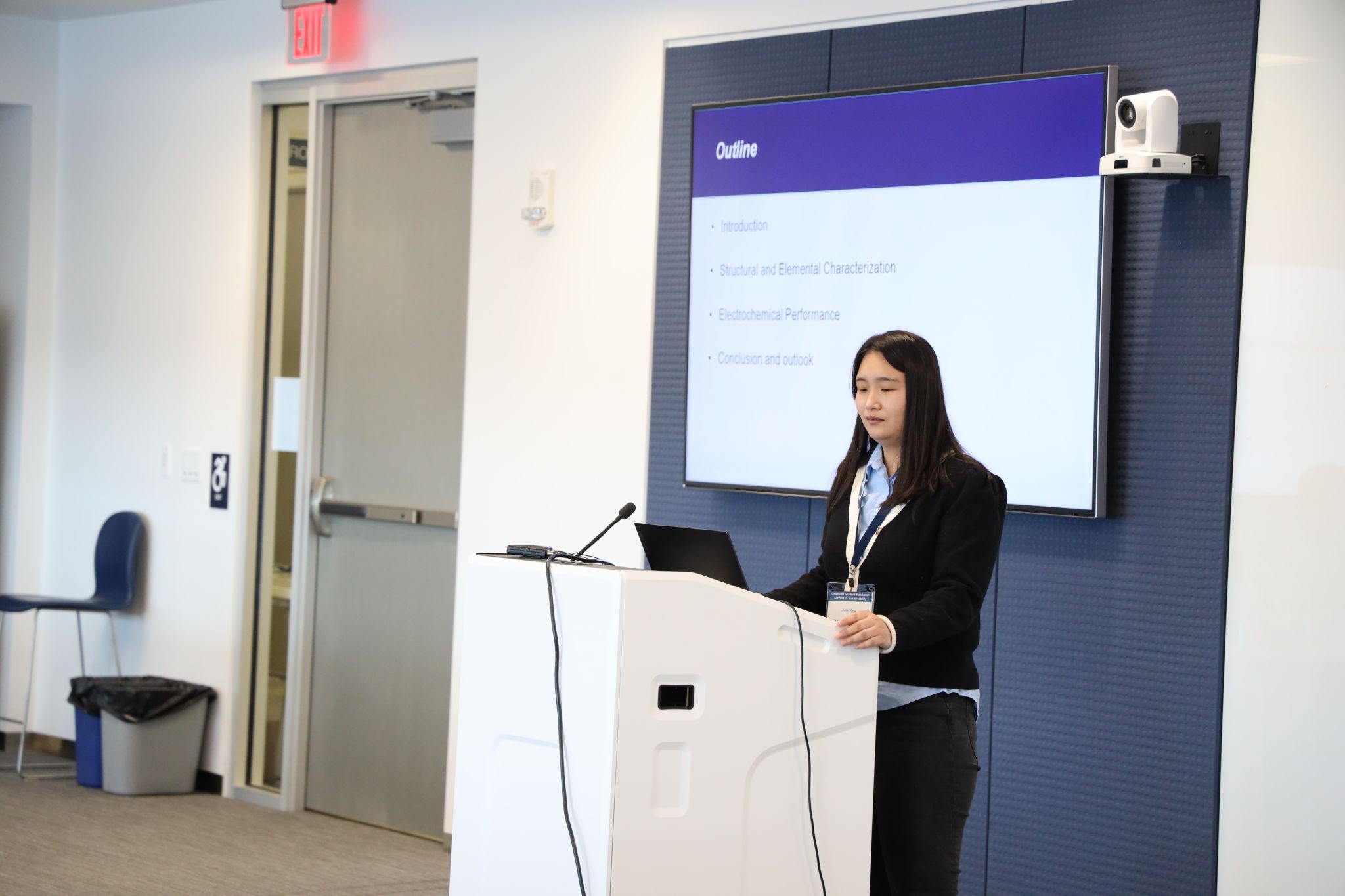
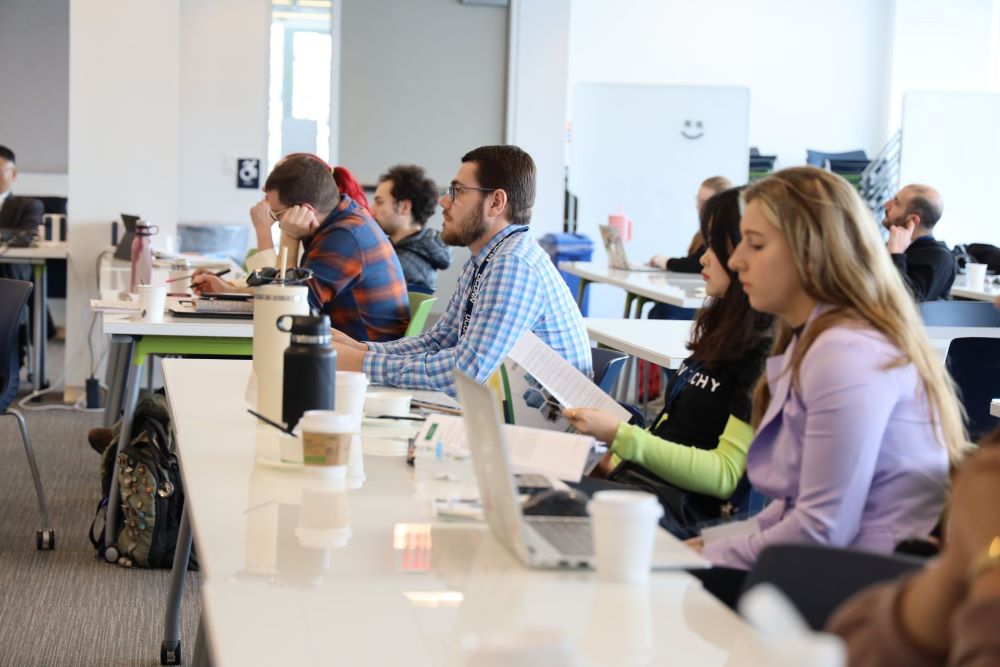 The Center of Clean Energy Engineering (C2E2) hosted its first C2E2 Graduate Student Research Summit in Sustainability on February 16th and 17th at IPB. Organized by graduate students Alanna Gado and Leila Chebbo, the event featured 30 student presentations covering diverse research topics such as cultivated beef, air filter effectiveness, desalination, desulfurization, space exploration, electrolyzers, fuel cells, and membrane applications.
The Center of Clean Energy Engineering (C2E2) hosted its first C2E2 Graduate Student Research Summit in Sustainability on February 16th and 17th at IPB. Organized by graduate students Alanna Gado and Leila Chebbo, the event featured 30 student presentations covering diverse research topics such as cultivated beef, air filter effectiveness, desalination, desulfurization, space exploration, electrolyzers, fuel cells, and membrane applications.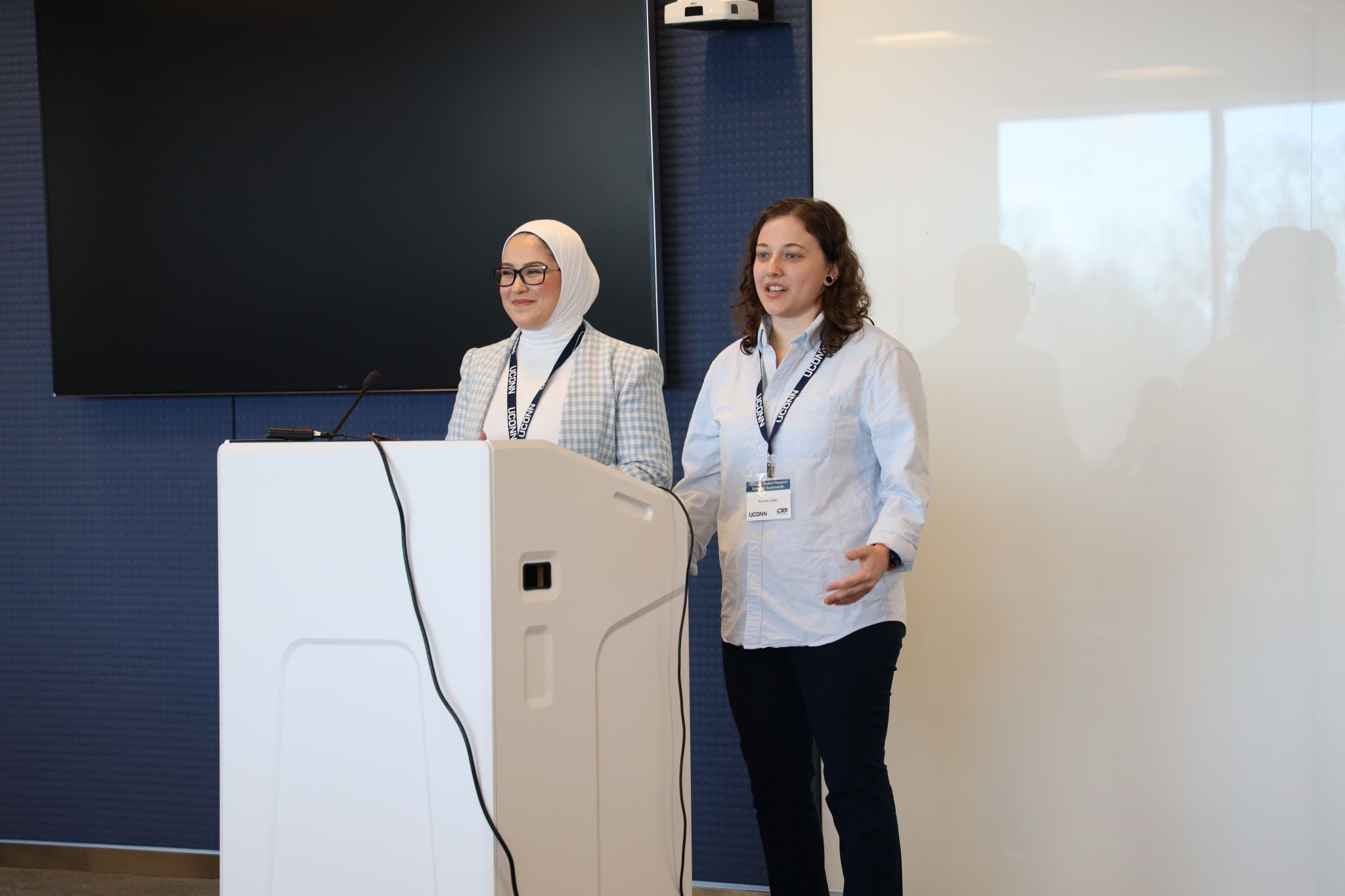
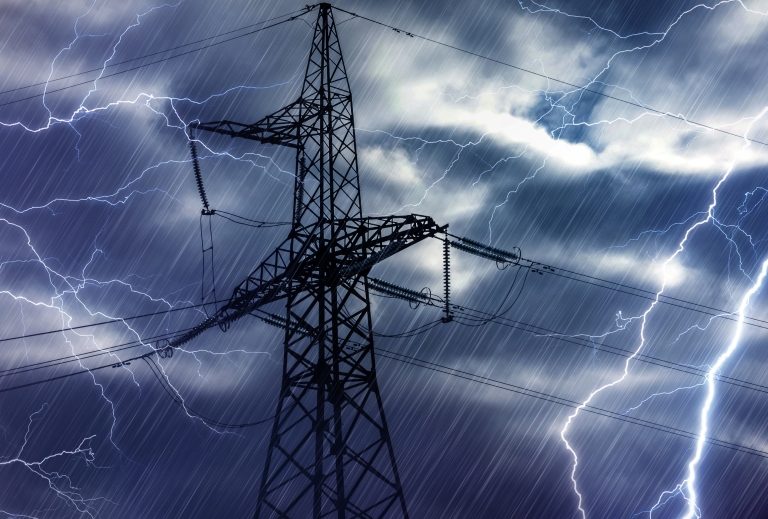 The Annual Eversource Energy Center (EEC) Workshop convened on February 9th at the Innovation Partnership Building and attracted over 80 participants from industry, government, and academia, including top New England utility companies Eversource, Avangrid, ConEdison, and National Grid, alongside others such as PECO (Exelon) and Hydro Quebec. Notable attendees also included ISO-NE, with responsibility for ensuring reliability and overseeing electricity markets across all of New England. Keynote speaker David Howard, Director of Grid Components at the U.S. Department of Energy Office of Electricity, addressed the gathering.
The Annual Eversource Energy Center (EEC) Workshop convened on February 9th at the Innovation Partnership Building and attracted over 80 participants from industry, government, and academia, including top New England utility companies Eversource, Avangrid, ConEdison, and National Grid, alongside others such as PECO (Exelon) and Hydro Quebec. Notable attendees also included ISO-NE, with responsibility for ensuring reliability and overseeing electricity markets across all of New England. Keynote speaker David Howard, Director of Grid Components at the U.S. Department of Energy Office of Electricity, addressed the gathering.